
Accelerating the Next Frontier
2018 Annual Report
Message from the CEO
Thanks to our friends and supporters, 2018 was a defining year for Base 11. We launched the $1 million+ Base 11 Space Challenge to an international audience, and we provided a $1.6 million Aerospace Workforce Development Grant to a Historically Black College & University (HBCU). We expanded our Base 11 SoCal Ecosystem, providing more industry-quality fabrication resources to students in the area. Plus, we rolled out our Autonomous Systems Engineering Academy to community college campuses in two states, and began developing an entirely new high school curriculum for data analytics.
In 2019 we will launch the Next Frontier Campaign to raise the necessary funding to sustain Base 11’s core work of accelerating students on the path to STEM careers in Next Frontier industries like commercial aerospace, autonomous systems and data analytics.
Thank you for all that you have done and continue to do to make a difference in the lives of students!
Sincerely,
Landon Taylor
Chairman & CEO
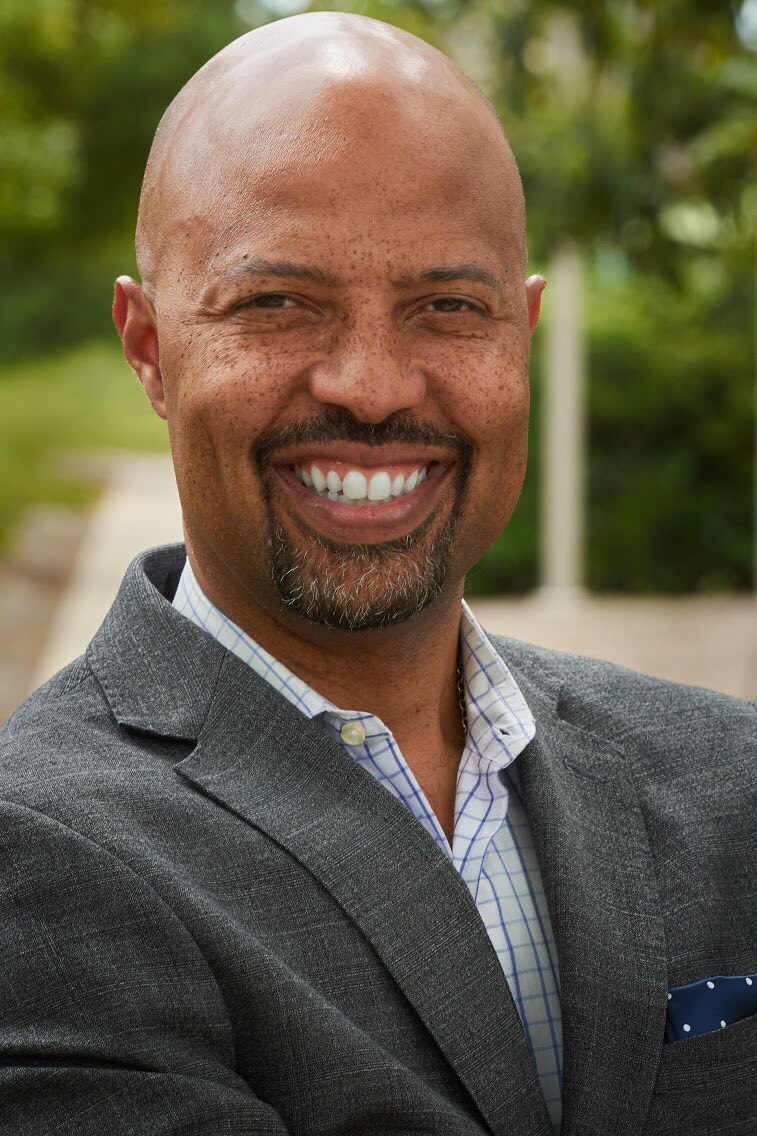
Accelerating Impact
Reaching More Students
- 2015 – 4 Students .0759878%
- 2016 – 323 Students 6.1%
- 2017 – 3,490 Students 66%
- 2018 – 5,264 Students 100%
Building More Partnerships
- 2015 – 3 Partners 9%
- 2016 – 15 Partners 47%
- 2017 – 26 Partners 81%
- 2018 – 32 Partners 100%
National Network
Base 11 Space Challenge
Teams
FROM THE U.S. AND CANADA
km
ALTITUDE THE LIQUID-FUEL ROCKET MUST REACH TO WIN
IN PRIZES
12/30/2021
DEADLINE
“I’m so excited to see what maverick thinkers, rebels, scientists and engineers will come into this competition to build super efficient, capable liquid rocket propulsion. The million dollars is just the beginning…more importantly it is about creativity in changing the world and opening up the space frontier.”
—Dr. Peter Diamandis, Founder, XPRIZE
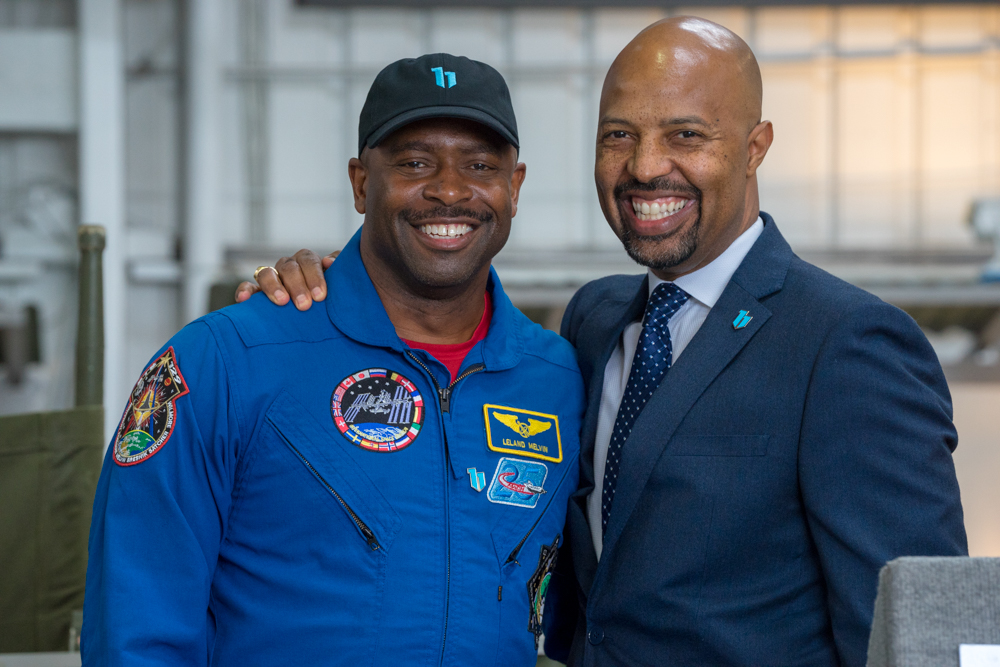
A Bold Prize
Base 11 subsidiary, the National Rocketry League, launched the largest, boldest and most exciting incentive challenge ever offered to college students: the $1 million Base 11 Space Challenge.
The mission behind the Base 11 Space Challenge is to dramatically increase the STEM talent with greater inclusion of women and underrepresented minorities, while empowering the future workforce with the education and skill-training necessary for jobs in the aerospace and related industries.
This challenges offers a $1 million prize to the university team that can design, build and launch a liquid-fuel rocket to the Kármán line, the edge of space, by the end of 2021.
Safe Start
Already the challenge has brought about a series of firsts. In October, Base 11 held the first safety training for 125 students across three sites, and released the first-ever safety manual establishing liquid-fuel rocketry safety standards at the university level.
Base 11 Space Challenge Partners

$1.6M Aerospace Workforce Development Grant
The commercial space industry is projected to become a $2.7 trillion market by the year 2035. While women and people of color were largely left behind in Silicon Valley tech boom, Base 11 is determined not to let that happen to commercial aerospace and other Next Frontier industries.
To that end, Base 11 in partnership with Sigma Pi Phi fraternity offered a $1.6 million Aerospace Workforce and Leadership Development Grant and 11 Historically Black Colleges & Universities (HBCUs) applied. Morgan State University was selected for the grant by a panel that included NASA astronaut Leland Melvin as well as experts from Dassault Systèmes, Blue Origin, SpaceX, Sigma Pi Phi and Base 11.
The grant will fund a state-of-the-art rocketry lab and launch a student rocketry team on the campus, which plans to collaborate with an existing team in the Base 11 Space Challenge.
Autonomous System Engineering Academy Soars
A grant from the Dassault Systèmes US Foundation took the Autonomous Systems Engineering Academy (ASEA) to new heights in 2018. The foundation funded the adaptation of the ASEA curriculum into a full semester community college course comprised of 200 hours of lecture, lab and homework.
Through a series of hands-on projects, students learn electronics, programming and computer-aided design as the design, build and eventually fly their very own autonomous system, or drone. Thanks to the grant, the program now includes industry-recognized training on Dassault Systèmes’ state-of-the art 3D design platforms — a skill that will give an edge to students pursuing Next Frontier industries.
In 2018, faculty at the following colleges were trained to teach the ASEA course: Skyline College in Northern California; Compton College and Cerritos College in Southern California; and South Mountain Community College in Phoenix, Arizona.
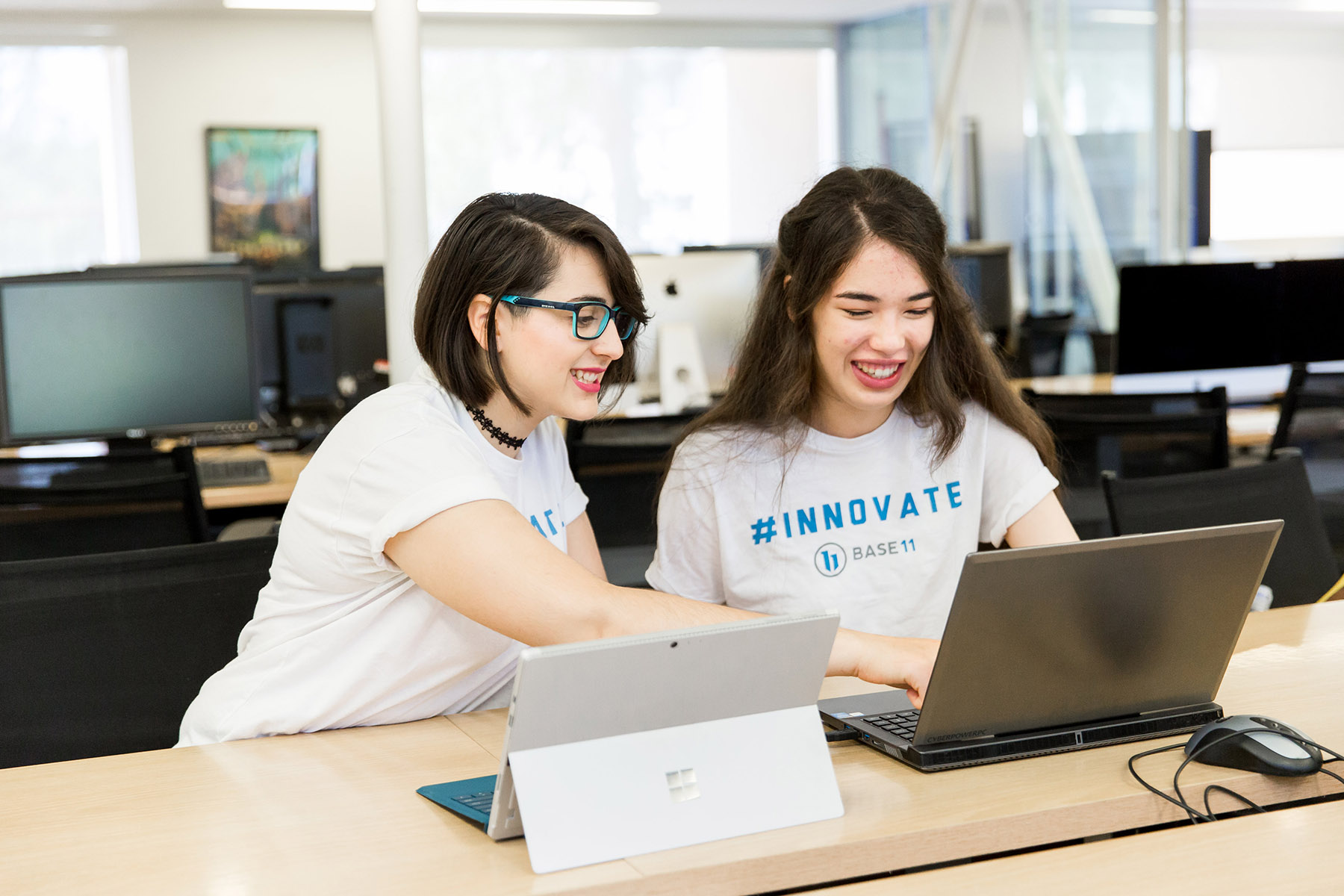
Deloitte Looks Ahead to Data Analytics
Anticipating growth in machine learning, artificial intelligence, blockchain and digital disruption, the Deloitte Foundation funded a grant for Base 11 to develop a year- long data analytics curriculum for high school juniors.
Through hands-on projects, students will be exposed to practical and innovative uses of technology to solve diverse and complex business and social problems. They will gain skills in data collection, analytics and visualization, preparing them to study or pursue careers in Next Frontier industries like computer science and artificial intelligence.
Verizon Focuses on STEM Futures for Minority Males
MIDDLE SCHOOL BOYS IMPACTED IN 2017 AND 2018
#FUTUREOFSTEM AND #VILMM SOCIAL MEDIA POSTS SHARED BY INSTRUCTORS AND PARENTS EACH MONTH
HBCU AND HSI CAMPUSES OFFERED THE PROGRAM
I’m the future of STEM because I’m a leader and determined to make all my STEM goals a reality! @NCAT_VIL_MM #NCAT #VILMM #Verizoninnovativelearningprogram #Base11 pic.twitter.com/gbJUlnUzJ9
— Nicole S. Piggott (@nicole27407) August 6, 2018
Thousands of young men of color made strides toward becoming future STEM leaders of the Next Frontier through the Verizon Innovative Learning—Minority Males program, administered by Base 11. During the summer, the middle school boys spent several weeks on campus at one of 24 Historically Black Colleges & Universities (HBCUs) or Hispanic Serving Institutions (HSIs) across the country. Through hands-on activities, students explored topics including mobile app development, 3D modeling and printing, engineering, robotics and computer science. Proud parents were delighted to discover that the program gave their children greater enthusiasm for STEM.
@KyStateU is excited to be part of Verizon Innovative Learning for Minority Males #VerizonInnovativeLearning #VILMM pic.twitter.com/F3iUKqil9y
— Derrick Gilmore (@reddogg496) July 9, 2018
Regional Ecosystems

Expanding SoCal STEM Ecosystem
In October, Base 11 celebrated the opening of an Innovation Center in Compton, California. The fourth Base 11 Innovation Center is the first to be installed in refurbished shipping containers — and the first to be placed directly within the community instead of on a school campus.
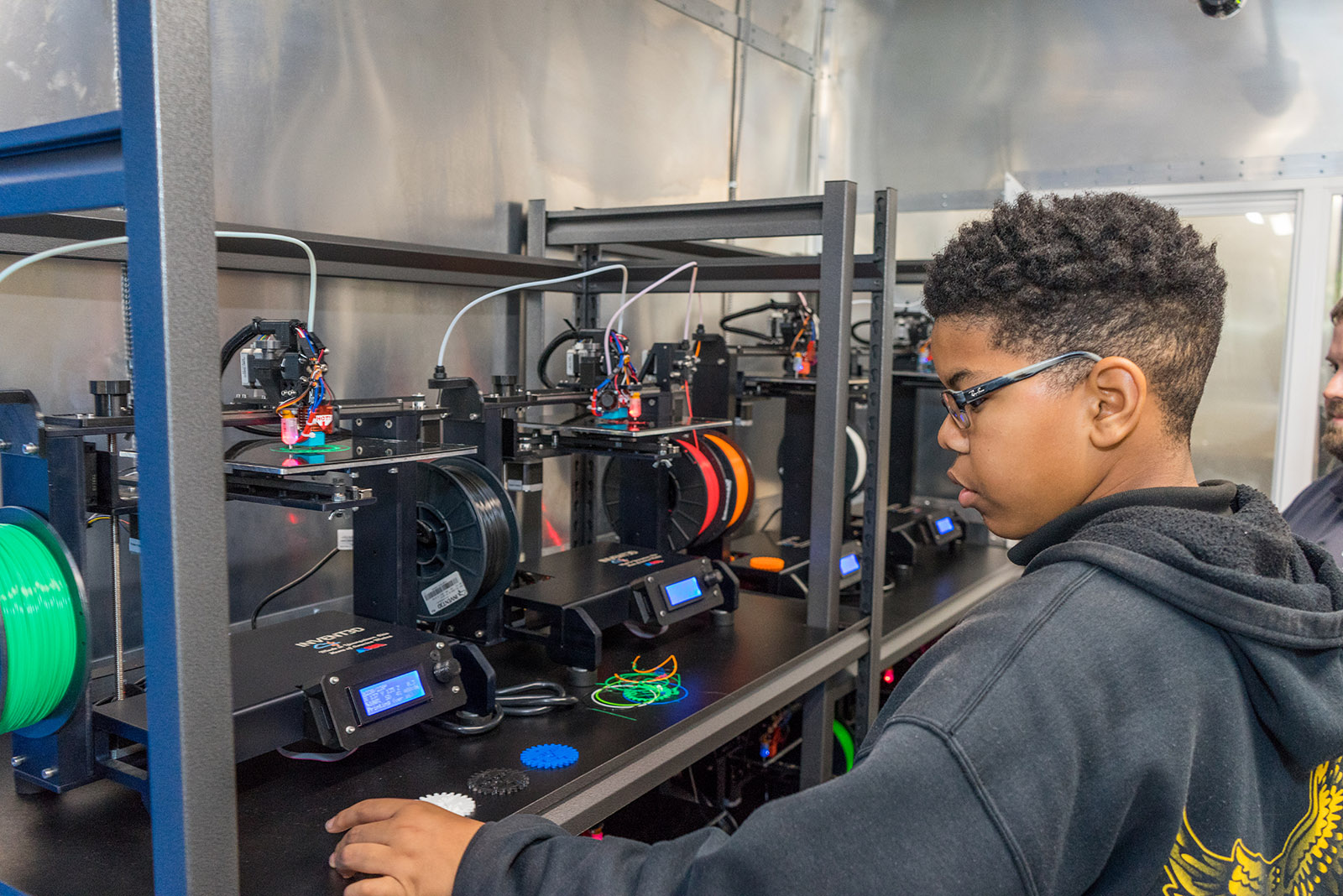

In December, Moreno Valley College unveiled its new iMake Innovation Mobile Center, complete with 3D printers, laser cutters and computer-aided design software. Base 11 partnered with MVC to design and outfit the mobile lab, install the equipment, and train the staff, which will serve students throughout Moreno Valley.
Ecosystems Offer Enriching STEM Programming
OC STEM partnered with Base 11 to bring high school juniors from Santa Ana, California’s Samueli Academy to the Base 11 Innovation Center at The Cove @ UCI Applied Innovation. Over a series of three Saturdays, the students learned the engineering design process under the guidance of STEM undergraduates and designed, fabricated, and coded their own “soccerbots” — a robot that kicks a ball into a goal.
“I learned how to design both the hardware and software, and how to make it all work in unison,” said student participant Xavier.
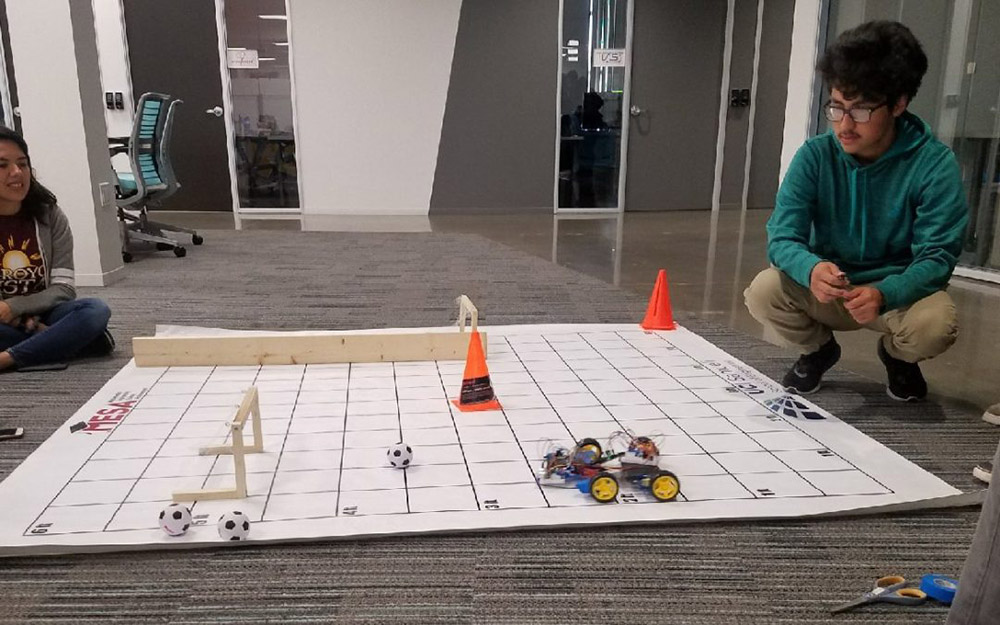
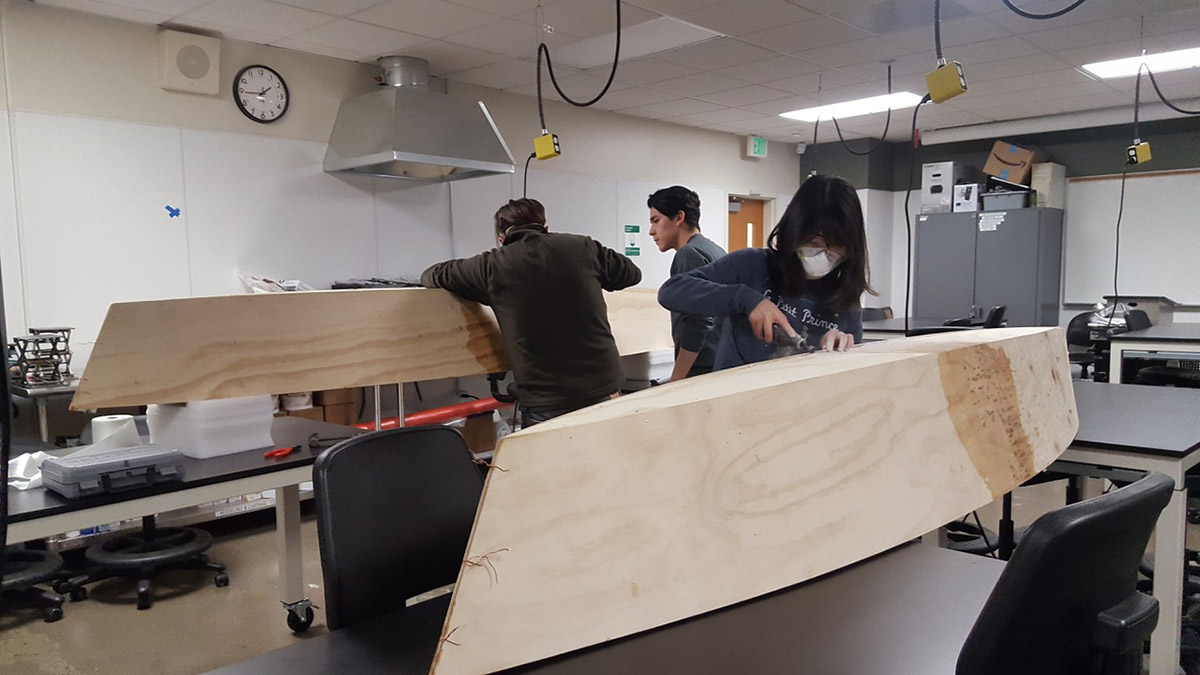
At Skyline College, the Engineering and Robotics Club used their Base 11 Innovation Center to build a 9-foot solar-powered boat for the California Solar Regatta. Their creation went on to place 8th out of 17 schools in a regional competition, and they spent the remainder of the year improving on it to return to the competition in 2019.
“The Base 11 Innovation Center is the right playground for students to come up with good solutions for their projects on their own,” said Marco Wehrfritz, adjunct faculty at Skyline College, who also advises the club.
Growing the Victory Circle
NEW STUDENTS ADDED TO THE VICTORY CIRCLE IN 2018
TOTAL STUDENTS IN THE VICTORY CIRCLE 2015-2018
GOAL NUMBER OF STUDENTS IN THE VICTORY CIRCLE BY 2021
GRANT FROM JACK KENT COOKE FOUNDATION TO GROW THE VICTORY CIRCLE
This year, the Jack Kent Cooke Foundation provided a $200,000 College Access & Success Grant to support Base 11’s Summer Fellowship and Academic Year Internships for high achieving community college students. Not only does the program enable the continuation of one of Base 11’s best-known programs, but now Base 11 students will have the additional opportunity to apply for a Cook Undergraduate Transfer Scholarship, worth up to $40,000.
“These are extremely talented students overcoming great odds to succeed.”
—Beverly McKeon
Theodore von Karman Professor of Aeronautics at Caltech
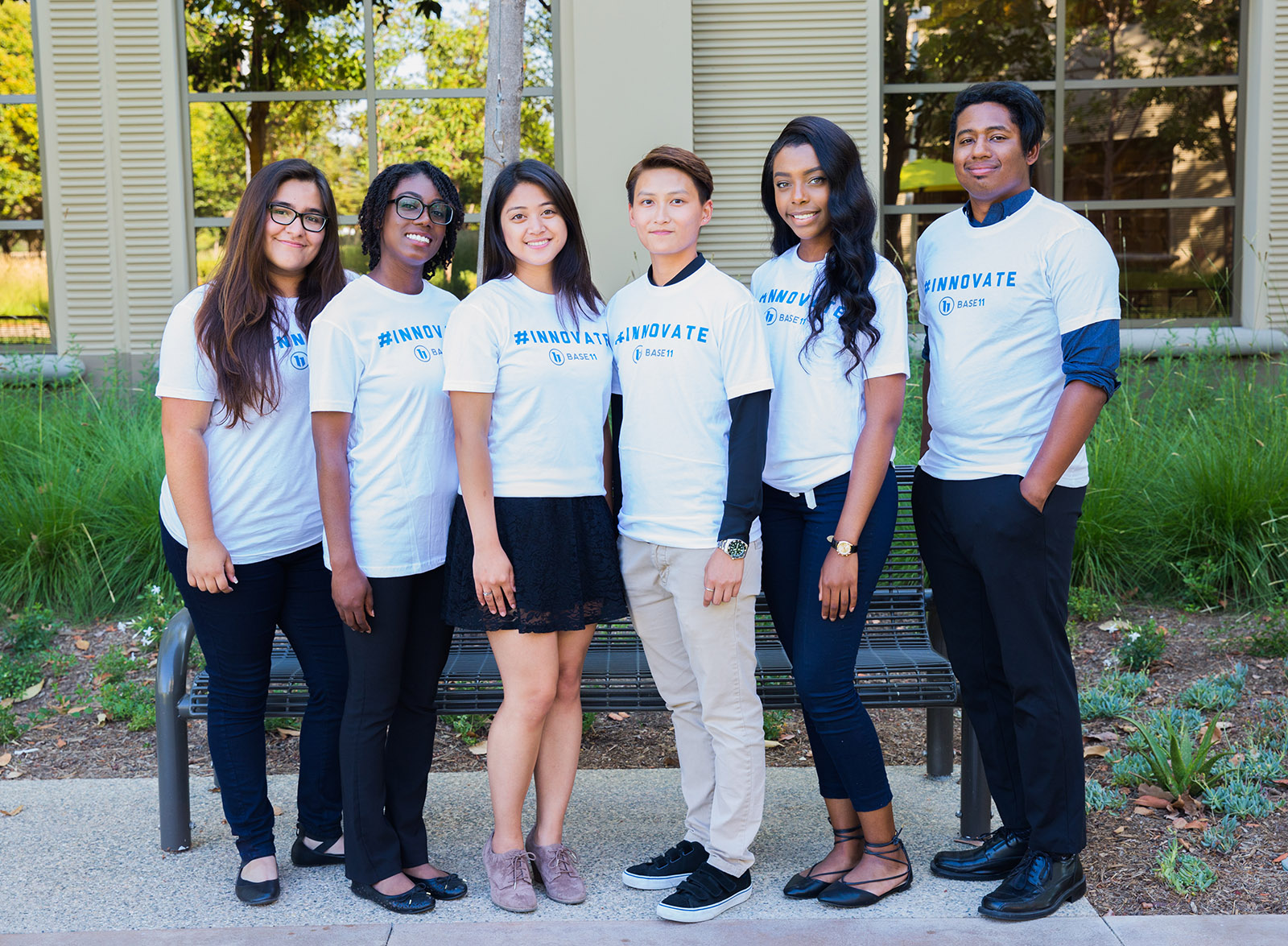
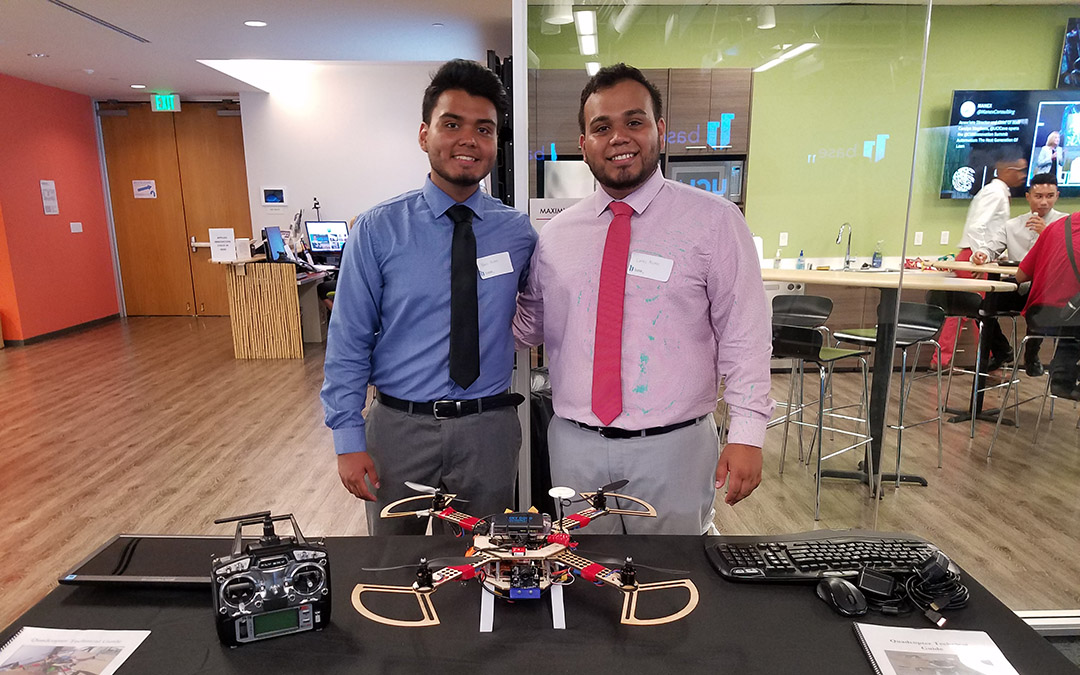
“Before the internship, I felt that the knowledge I had was not enough to begin working on my own projects. Now, I feel the confidence to get more involved on the STEM community, and share the knowledge I obtained during my internship.”
— Mario Acuna
Skyline College
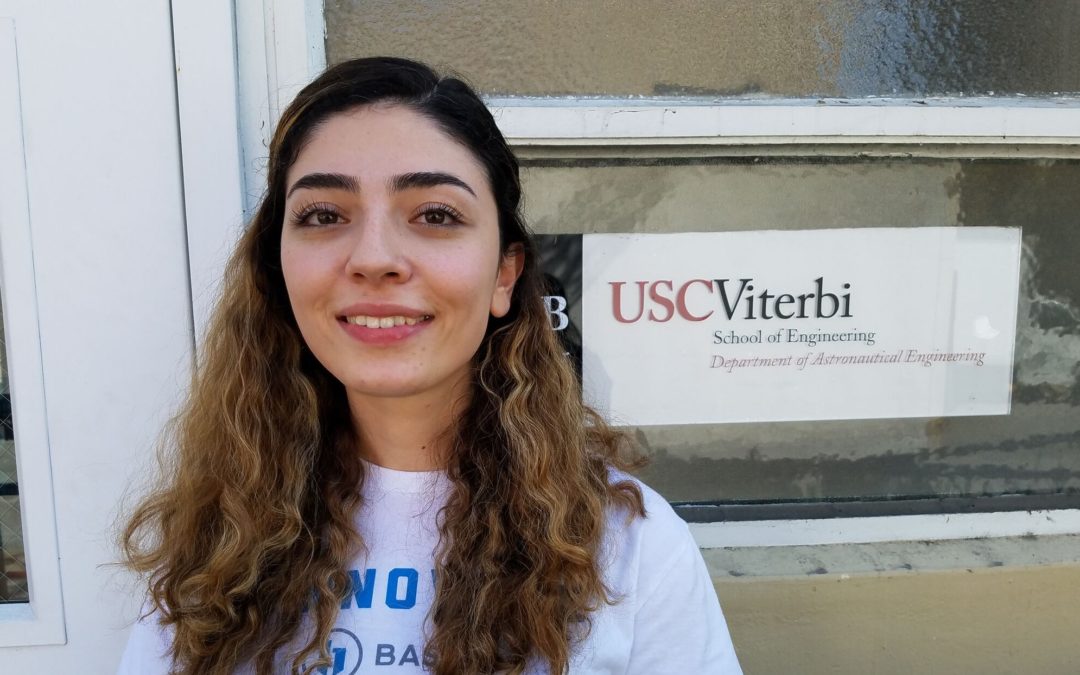
“The amount of knowledge I obtained during the program is equivalent to years of work experience, and classroom lectures, which I value so much and grateful for.”
— Serli Alexandi
Glendale Community College
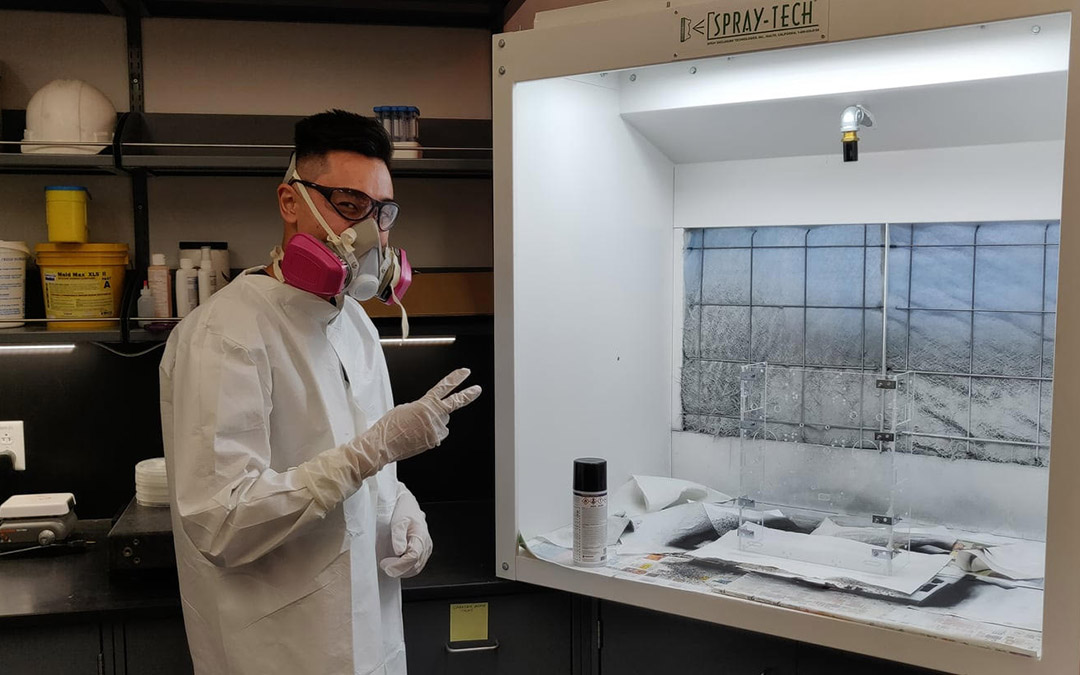
“With this internship, it definitely builds up my confidence in applying to those big industry internships because it now shows them that community college students can keep up with University students.”
— Nathan Sam
Pasadena College
Partners
Innovator



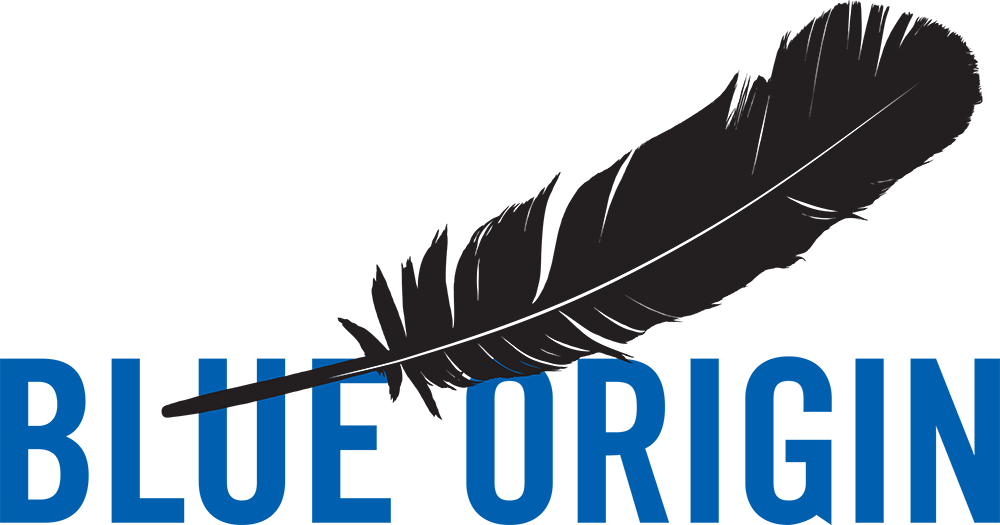
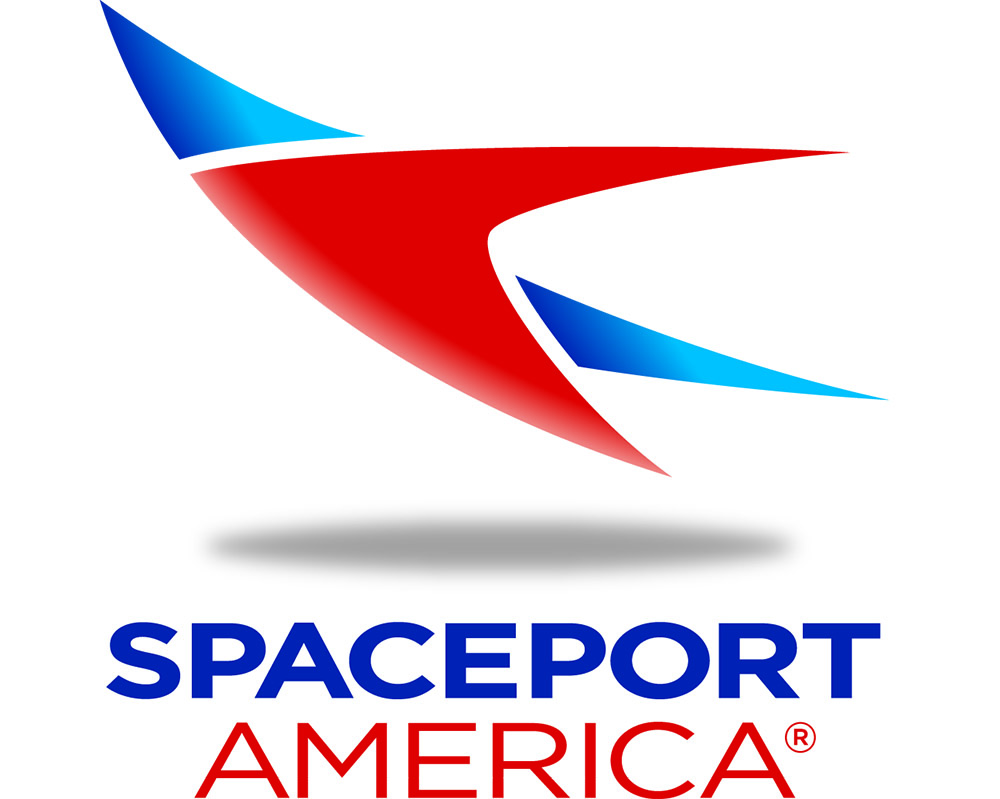




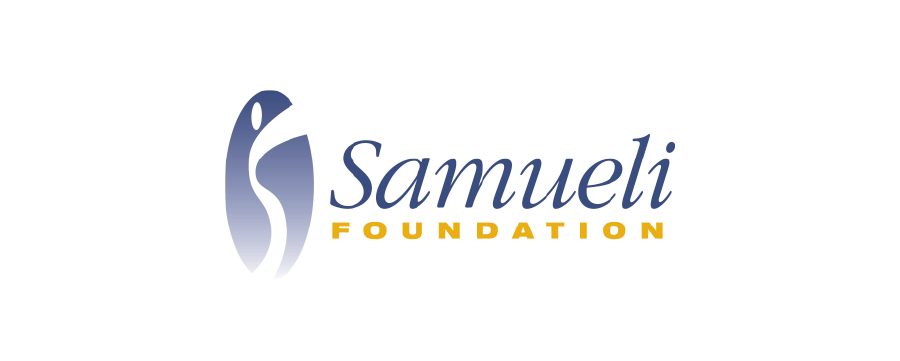
Inventor
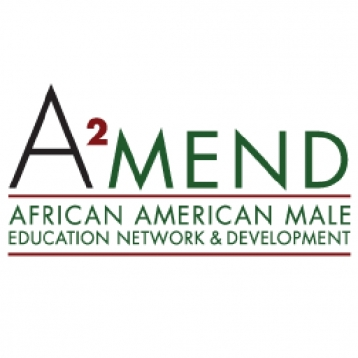
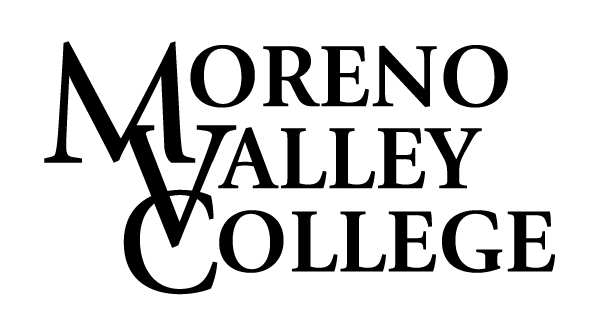
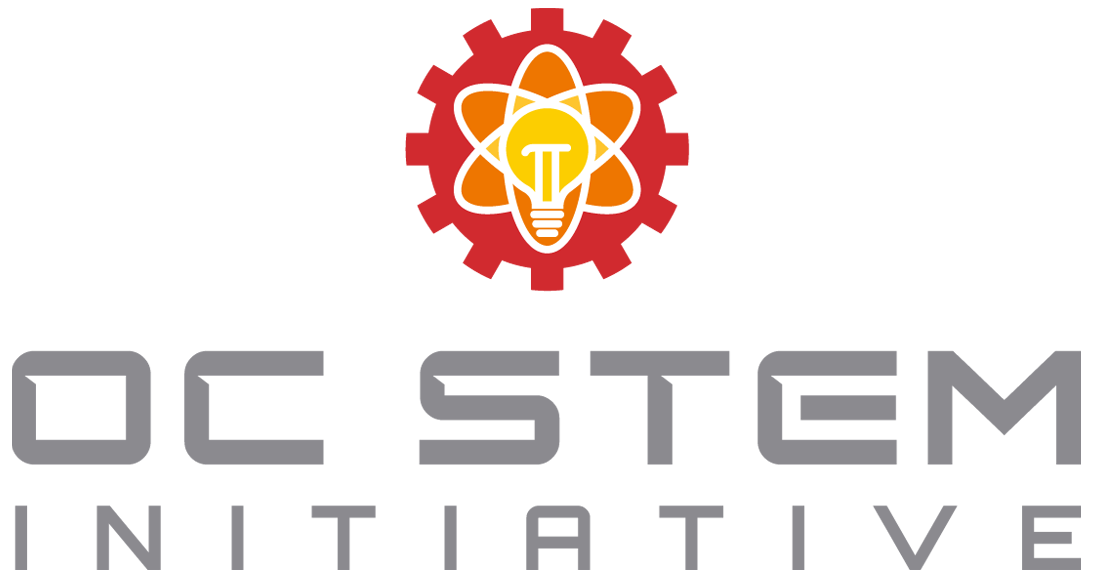
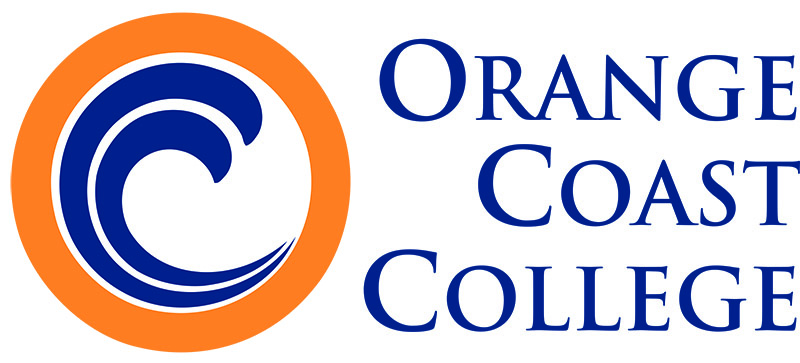
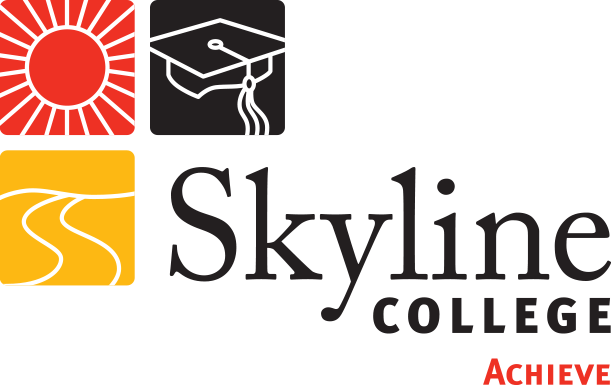



Supporter
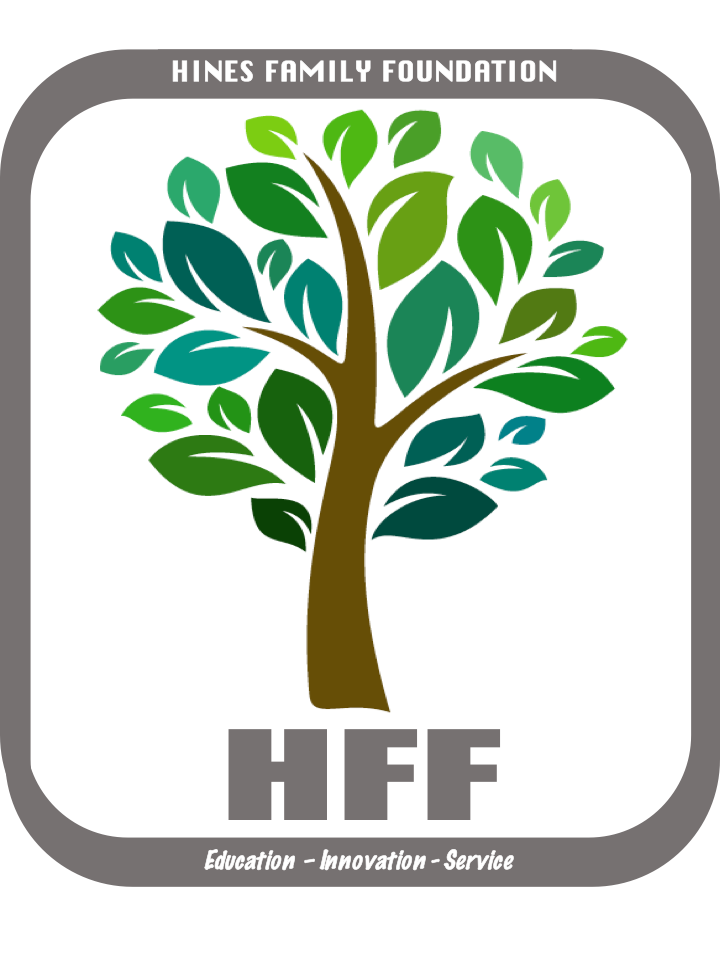
Friends of Base 11
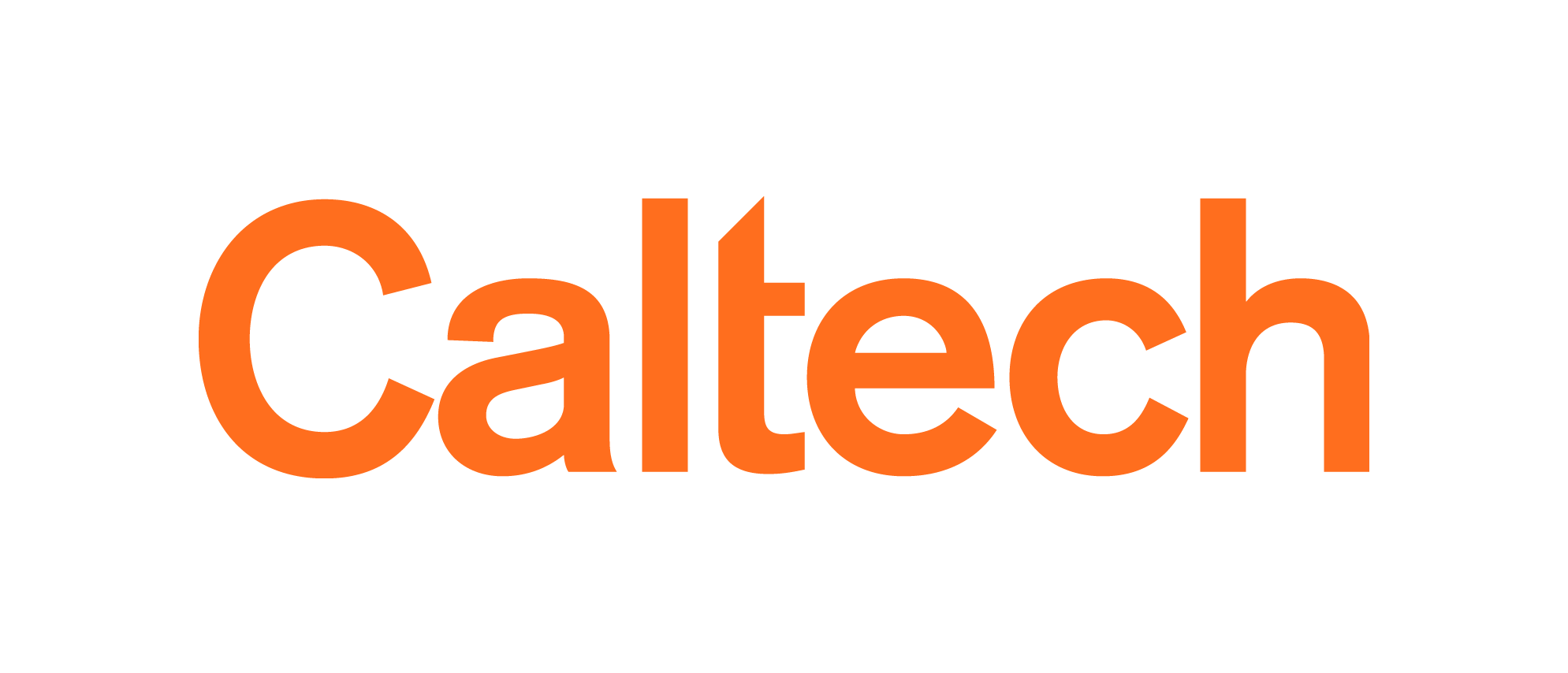
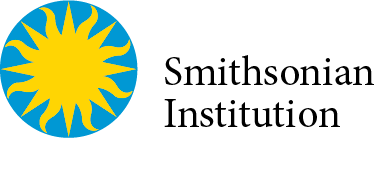



Affiliates
Cerritos College
Chabot College
Compton College
Fullerton College
Irvine Valley College
National College Resource Foundation
Pasadena City College
Santa Ana College
STEMconnector
Tomorrow’s Aeronautical Museum
Financials
Use of Funds
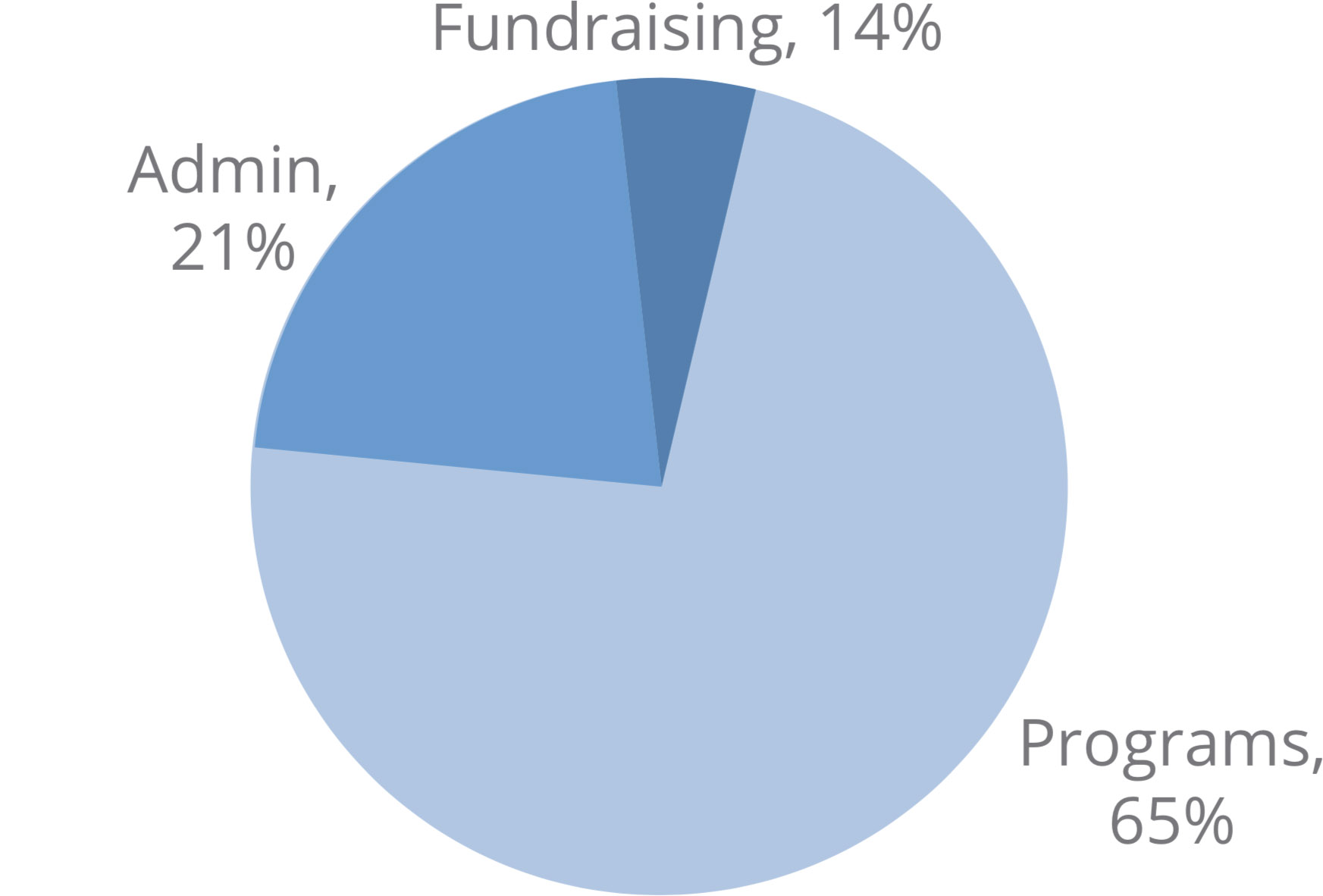
2018 Total Revenue
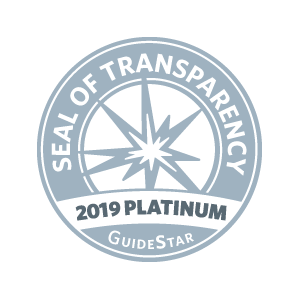
Corporate & Advisory Board
Corporate Board
Landon Taylor
Chairman & CEO, Base 11
John Beneventi
Chief Financial Officer, Base 11
Douglas R. Bender
Managing Partner SPHR, MA Onyx Global HR
Tonie Leatherberry
Principal, Deloitte & Touche LLP
Ron de Frates
Co-founder, 5X Solutions, Inc.
Craig S. Nickerson
CEO and President, The Nickerson Group
John Page
Senior Corporate Vice President, Chief Corporate Social Responsibility and Legal Officer at Golden State Foods
Advisory Board
Art McCoy, Ph.D.
Superintendent, Jennings School District
Dain Ehring
Tech Investor, Entrepreneur
Michelle Flowers Taylor, Ed.D.
Founding Director of the Institute for Engineering Community and Cultural Competence at USC’s Viterbi School of Engineering
Andrew C. Jones, Ed.D.
Senior Advisor
Raquel Tamez
CEO, Society of Hispanic Professional Engineers
Carver Gayton, Ph.D.
Author and Public Historian
John W. Hines
Managing Director – Chief Technologist, JH Technology Associates LLC
Tom Seavey
Risk Solutions Partner Compliance Risk
Bryan Kent Wallace, Ed.D.
Assistant Professor of Physics, Director of Physics Laboratories, and Coordinator of Rocketry Department of Life and Physical Sciences Fisk University

National Headquarters
600 Anton Blvd. Suite 1100
Costa Mesa, CA 9262
714-371-4200